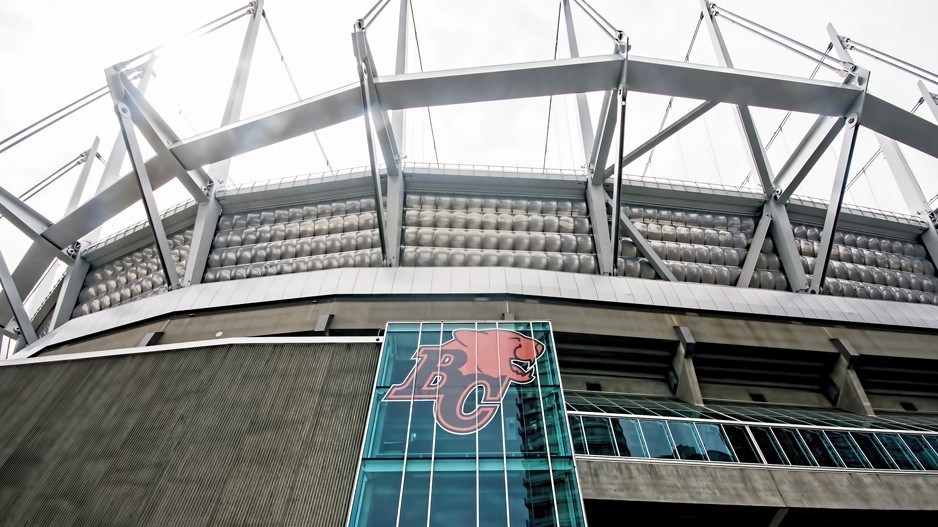With B.C. and the rest of Canada in the midst of a third COVID wave, any hope of a normalized summer where people can gather for concerts, festivals and sporting events has largely fallen by the wayside.
However, once vaccination runs its course through the B.C. population and COVID-19 caseloads drop, the strength of fan interest returning to crowded gatherings and public events may surprise event organizers and businesses, one researcher says.
When asked if people will be hesitant to return to concerts and sporting events once pandemic crowd restrictions end, University of British Columbia (UBC) zoology professor Sarah Otto said human psychology in this instance suggests a vastly different response.
“I almost wonder if it’s going to be the reverse – that there’s a pent-up demand, a desire to get out there and enjoy life that you might just see tickets [sales] go crazy, in terms of people’s psychology,” Otto said.
Emma Lancaster, marketing director for the TD Vancouver International Jazz Festival, agrees. The festival, which was cancelled last year but is slated to return this summer in a virtual, live-stream format, has fans’ support for organizers’ efforts to obey provincial health orders and to keep people safe, Lancaster said.
But she added that, given the inherent draw of live music to fans, it’s no surprise that people have already indicated to festival organizers that – when allowed – crowds will return in droves.
“People are just champing at the bit to be released from the restrictions,” Lancaster said. “Eighty-five per cent of our volunteer base has said, ‘Yep, we want to return, right now.’”
She added that the Metro Vancouver fan base for live jazz music is so eager to return that festival organizers have made contingencies at local venues from which the shows are scheduled to be streamed; 110 of the 130 shows this summer will be streamed from local venues such as Frankie’s Jazz Club downtown.
If provincial health orders allow for an easing of restrictions on venue capacity this summer, the festival would be able to quickly convert to hosting a few live events again, Lancaster said.
“We are ready when the provincial health officer is ready. We could see the restrictions lifted on June 23 and be ready for [the festival’s first day on] June 25.”
Pro sports
Vaccinations in the United States have already allowed most sports teams south of the border to open stadiums partially, typically limited to 10% to 25% capacity per game in leagues such as Major League Baseball, the National Basketball Association (NBA) and the National Hockey League.
In Canada, however, opening sporting events to any size of crowd seems a distant goal due to the country’s slower pace of vaccination.
But sports analysts have already pointed to what is happening in the United States as evidence that fans are eagerly waiting to return to the stands.
Since the pandemic began, the most at-risk pro sports organization has appeared to be the Canadian Football League (CFL) – which was forced to cancel its 2020 season while seeking (ultimately unsuccessfully) $150 million in aid from the federal government. The CFL recently announced it has begun talks with the Xtreme Football League on ways to co-operate, although what such a partnership would look like remains unclear.
But regardless of what form the CFL takes upon its return to allowing fans in the stands, the fan reaction is not likely to be one of tepid caution, said TSN sports journalist and CFL Insider Dave Naylor.
“I don’t understand it when people say, ‘There will be no CFL after two years,’” Naylor said. “In Ottawa, the team died there in the spring of 2006, and it was gone for eight seasons. Nobody was talking about the CFL, and then it came back – and it sold out every game for the first 20-something games. So if we look at sports examples of when teams or leagues go away, generally when they come back, people are hungrier for them, not less hungry.”
Where the CFL may be vulnerable, Naylor added, is in the league’s fan base, which skews toward older demographics. It means that a two-year hiatus may have resulted in some fans aging out of live attendance at games – and the older demographic may be leery of returning to crowds post-pandemic.
But event organizers and sports teams can do more when things open up, UBC’s Otto said.
For those with indoor venues, for example, there is value in investing in air quality control – because that will be one area fans will think about when making decisions about attending games.
“Businesses that can claim the highest air quality will do better.”
Otto also noted that businesses could encourage vaccinations by giving people who are vaccinated privileges or favoured pricing on tickets, goods and services.
That approach has been adopted in the United States, where some sports teams such as the NBA’s Atlanta Hawks have begun offering a 500-seat “vaccinated fan section” where seating can be done without social distancing.
“There’s very little appetite in Canada to require vaccinations, but can you give people a discount if they are vaccinated?” Otto said.
“If you get anti-vaccine sentiment from that – say, someone asking why other people are getting $15 off their Canucks tickets or whatever – you can say, ‘We are trying to get everyone in this arena to be safer, and if we can do that by getting more vaccinated people sitting in our arena, that’s what we are going to do.’” •




